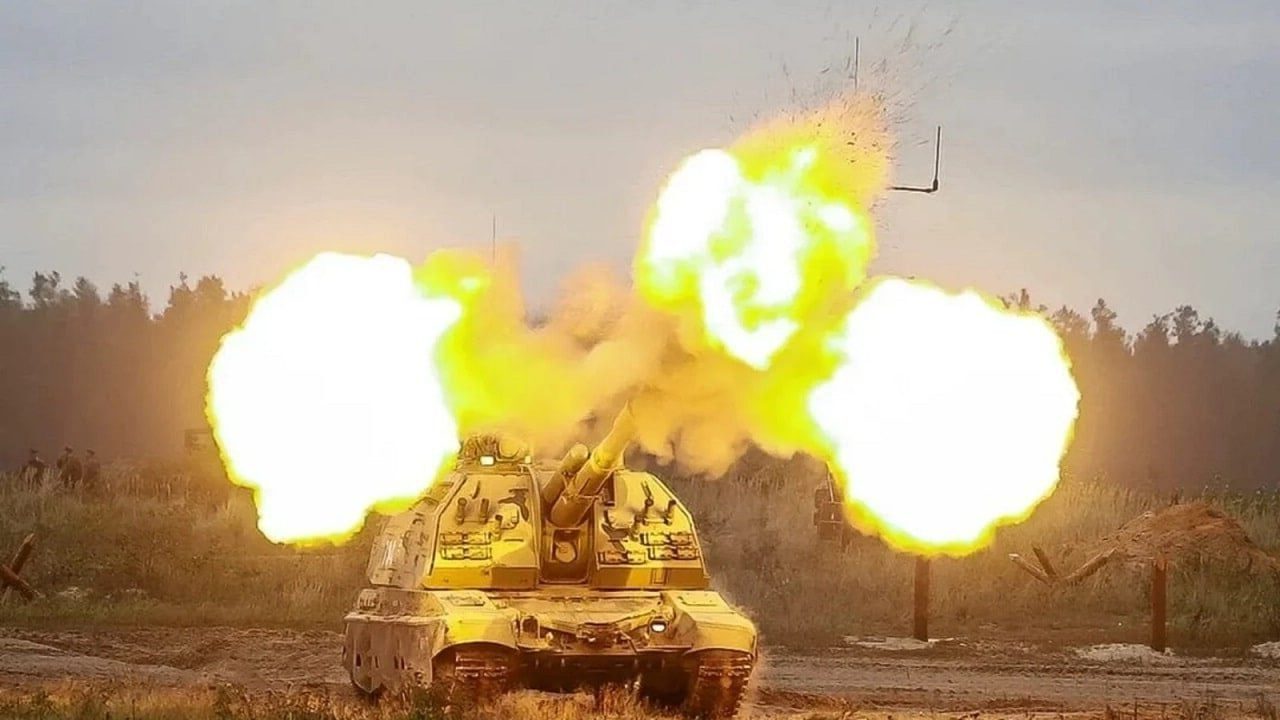A Russia expert comes to a startingly conclusion: Soldiers are too ‘old’ to serve on the front in Ukraine and are poorly equiped.
A survey of 400 Russian prisoners of war has some interesting things to say about the soldiers waging war against Ukraine.
The results of the survey were presented by Ukraine’s Military Media Center.
The POWs took part voluntarily, and the Ukrainians claim the sample is representative of the Russian POWs in their custody.
Age: Each of the following age groups comprised about 17% of the total sample: 26-30 years of age, 31 to 35, 36 to 40, and 41 to 45.
Only 9.7% were 18-25 years old, while 14.6% were 46-50. Clearly, Russian prisoners and probably Russian combatants are far older than the soldiers that countries typically send to battle.
As for place of residence, 21.7% hailed from Donetsk oblast, 22.4% from Luhansk, 50.6% from Russia proper, and only 4.6% from Moscow and its province. With 44.1% coming from the occupied Donbas region, the Kremlin appears to have shifted the burden of fighting away from the Russian capital and to the separatist entities, the so-called Donetsk and Luhansk people’s republics.
Occupations: 16.2% served in the Donetsk people’s militia, 26% in the Luhansk people’s militia, 12.3% in the Wagner Group private military company, and 43.3% in the Russian army. Unsurprisingly, the numbers correlate with place of residence.
Ten-point-nine percent of the respondents had some higher education, 19.2% had secondary education, 57.7% claimed a secondary specialized education, and 12.2% said their secondary education was incomplete. No surprise here either, as most soldiers in most countries have similar qualifications.
Most interesting are the POWs’ attitudes toward their commanders. Sixty percent gave them poor grades, and 80% gave their orders poor grades, with 56.9% saying the orders were “absolutely” unacceptable. Worse, over three-quarters claimed to be inadequately equipped.
Taken together, these data points suggest why Russia’s military has performed so poorly. Soldiers are too old to serve on the front. They are poorly equipped, poorly led, and they are disproportionately former policemen who may know how to quell riots but not how to man front lines. It’s hard to imagine that such soldiers will be motivated to put their lives on the line. Small wonder, perhaps, that 40.1% of respondents surrendered voluntarily.
Moscow’s exceptionally low participation in the fighting also reflects the Kremlin’s desire to shield the capital and its potentially restive population from the worst ravages of the war.
Residents of Moscow and St. Petersburg have also suffered proportionately far fewer casualties than the outlying, mostly non-Russian, provinces of the Russian Federation.
Can such soldiers win the war? The question is rhetorical.
MORE: Is Russia’s Su-57 Felon Stealth Fighter a Total Bust?
MORE: Merkova: Israel Has A Super Tank
Dr. Alexander Motyl is a professor of political science at Rutgers-Newark. A specialist on Ukraine, Russia, and the USSR, and on nationalism, revolutions, empires, and theory, he is the author of 10 books of nonfiction, including Pidsumky imperii (2009); Puti imperii (2004); Imperial Ends: The Decay, Collapse, and Revival of Empires (2001); Revolutions, Nations, Empires: Conceptual Limits and Theoretical Possibilities (1999); Dilemmas of Independence: Ukraine after Totalitarianism (1993); and The Turn to the Right: The Ideological Origins and Development of Ukrainian Nationalism, 1919–1929 (1980); the editor of 15 volumes, including The Encyclopedia of Nationalism (2000) and The Holodomor Reader (2012); and a contributor of dozens of articles to academic and policy journals, newspaper op-ed pages, and magazines. He also has a weekly blog, “Ukraine’s Orange Blues.”

